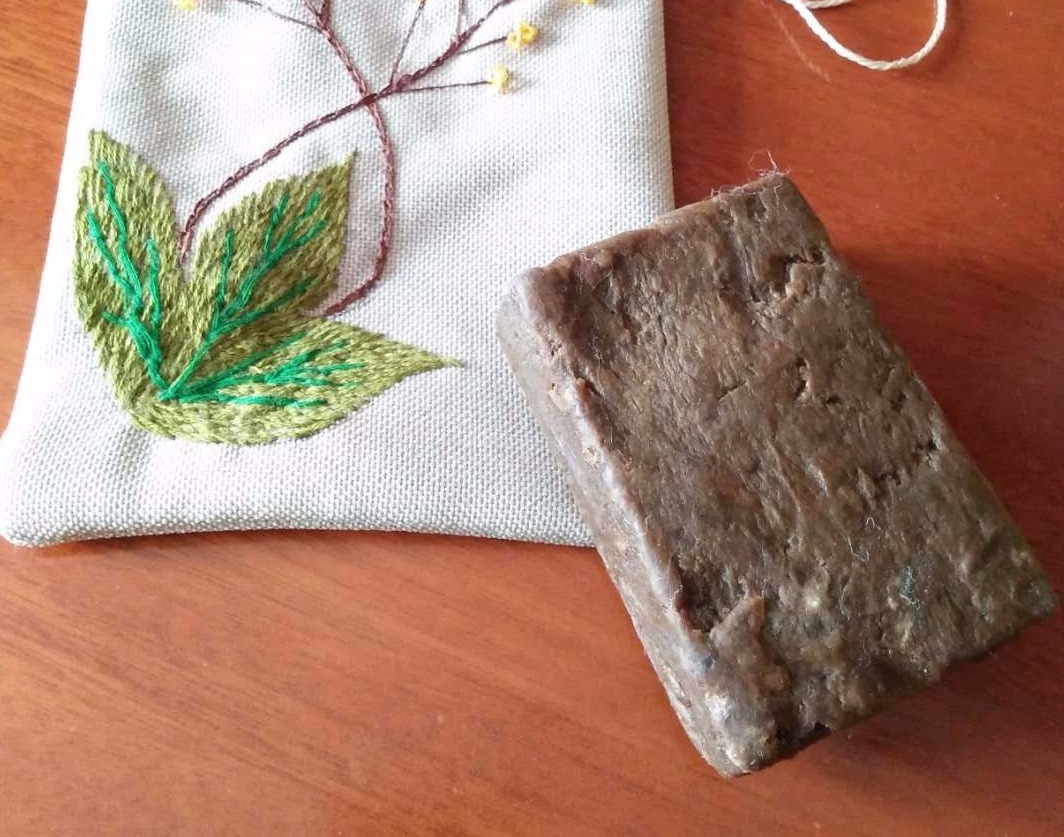Traditional black soap helps clean up poverty in Xinjiang
By Cheng Si in Beijing and Mao Weihua in Urumqi | China Daily | Updated: 2019-03-12 10:12

Bars of shabby-looking homemade soap are generating economic and environmental benefits for Qingel county in the Xinjiang Uygur autonomous region.
The so-called black soap is a traditional cleansing bar made by herdsmen mixing dried plants such as nettle and sunflower with animal oil.
Yin Qingjiang, Party secretary of Janbultas, found the natural cleansing product while visiting a herdsman's family in Janbultas village in early 2018.
"I was attracted by the soap after stepping into the herdsman's house," he said. "The black soap is made from natural materials but is unexpectedly strong in cleaning power."
He said that the raw materials for soap making are easily found in the village, and the traditional methods of production won't harm the environment.
"Also, most women in the village know how to make black soap, so we bet it would be a rather good project to initiate," Yin said.
He said developing the soap into a commercial product is a solution for alleviating the village's poverty.
"It can help raise incomes for the families that used to depend on grazing, while shifting the income source from herding can ease the burden on the environment from overgrazing," Yin said. The black soap also serves as medicine and a lubricant to help keep clothes colorfast and relieve itching, according to a report on the county's website.
So far, about 100 women in the village have joined the black soap workshop.
Last year, 800 bars of black soap, priced at 45 yuan ($6.70), were sold.
"I never thought that I could make money from selling traditional soap," said Ahmentay, a 70-year-old from the village. "I used to be a housewife taking care of my family members, who made their living by grazing animals.
"Now I am also a breadwinner for my family."
Yin said that the black soap also won support in January from the Environmental Vanguard Plan, a nonprofit project by the China Environmental Protection Foundation and China Foundation for Poverty Alleviation.
"We got a reward of 200,000 yuan ($30,000), and we will use the money to develop higher quality black soap and eco-tourism," he said.
About 500,000 yuan will be invested this year to build a soap factory in the village to employ more female workers, Yin said.
























